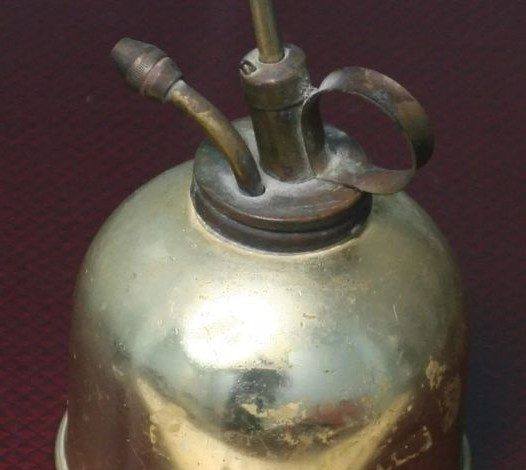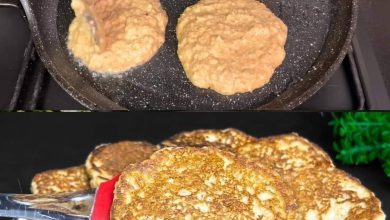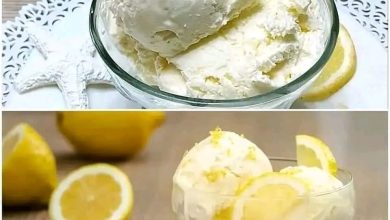
ADVERTISEMENT
The Vintage Brass Sprayer: A Classic Tool of Gardening and Maintenance
Introduction
The vintage brass sprayer depicted in the image is a remarkable tool that harkens back to an era of meticulous gardening and household maintenance. These sprayers were essential for various tasks, ranging from watering delicate plants to applying insecticides and cleaning solutions. Their robust construction and elegant design make them a cherished collectible today.
ADVERTISEMENT
Historical Background
Brass sprayers gained popularity in the late 19th and early 20th centuries. During this period, the rise of home gardening and the need for effective pest control solutions led to the development of reliable and durable sprayers. Brass, known for its resistance to corrosion and its aesthetic appeal, was a favored material for manufacturing these tools.
Design and Features
The vintage brass sprayer in the image features several key components:
– **Brass Reservoir**: The main body of the sprayer is a brass reservoir, which holds the liquid to be sprayed. Its sturdy construction ensures durability and longevity.
– **Pump Mechanism**: Attached to the top of the reservoir is a pump mechanism with a handle. By pressing the handle, the user creates pressure within the reservoir, forcing the liquid out through the nozzle.
– **Spray Nozzle**: The nozzle is designed to produce a fine mist or spray, making it ideal for evenly distributing liquids over a large area. The angle and design of the nozzle help control the direction and spread of the spray.
– **Handle and Grip**: A brass handle and grip make the sprayer easy to hold and operate, allowing for precise control during use.
### Practical Uses
ADVERTISEMENT
The primary uses of vintage brass sprayers include:
– **Gardening**: Used to water plants, apply fertilizers, and spray insecticides or fungicides. The fine mist produced by the sprayer ensures that delicate plants receive an even coating without damage.
– **Cleaning**: Employed to apply cleaning solutions to windows, floors, and other surfaces. The sprayer’s design allows for an even and controlled application of liquid.
– **Household Maintenance**: Ideal for spraying lubricants or rust inhibitors on metal surfaces and tools, helping to prevent corrosion and maintain functionality.
Collectible Appeal
Today, vintage brass sprayers are highly valued by collectors and enthusiasts for several reasons:
– **Historical Significance**: They represent an era of hands-on gardening and household care, reflecting the tools and techniques of the past.
– **Aesthetic Appeal**: The craftsmanship and design of brass sprayers make them attractive display pieces, often admired for their antique charm.
– **Functionality**: Many vintage sprayers remain functional, offering a practical and nostalgic alternative to modern plastic sprayers.
Caring for Your Brass Sprayer
To maintain and preserve a vintage brass sprayer, consider the following tips:
– **Cleaning**: Regularly clean the sprayer with a mild soap and water solution. Avoid abrasive cleaners that could scratch the brass surface.
– **Polishing**: Use a brass polish to maintain the shine and luster of the metal. Apply the polish with a soft cloth and buff to a high shine.
– **Storage**: Store the sprayer in a dry, cool place to prevent corrosion. Ensure it is emptied and dried thoroughly after each use to avoid damage.
Conclusion
ADVERTISEMENT
The vintage brass sprayer is more than just a tool; it is a piece of history that reflects the dedication and care of gardeners and homemakers from a bygone era. Its elegant design and robust construction make it a prized collectible, while its functionality continues to serve those who appreciate traditional methods. Whether displayed as a decorative item or used for its intended purpose, the brass sprayer remains a testament to the enduring appeal of quality craftsmanship.
—
I hope you find this article interesting and informative! If you have any specific points you’d like to add or any questions, feel free to let me know.
ADVERTISEMENT




